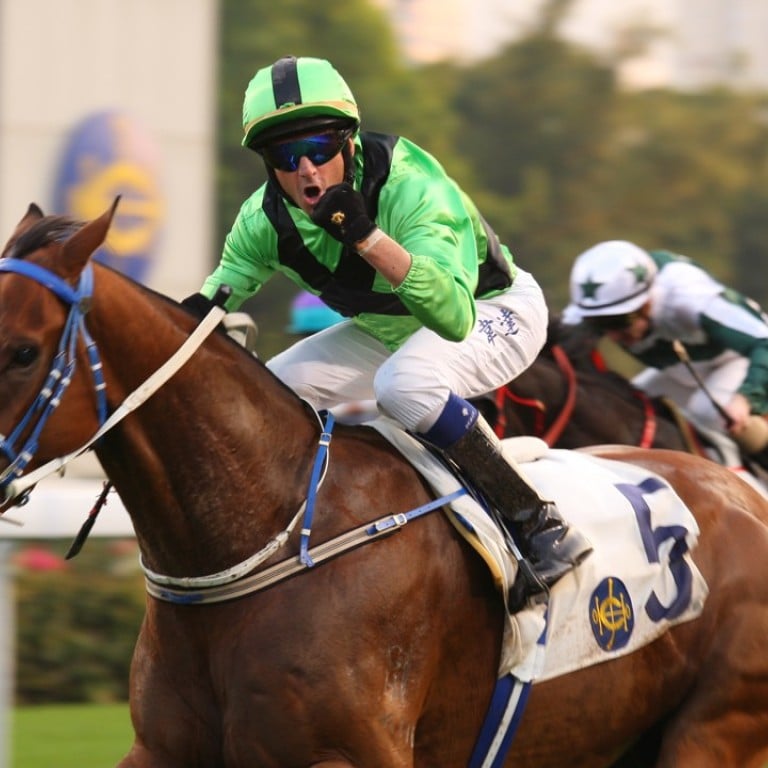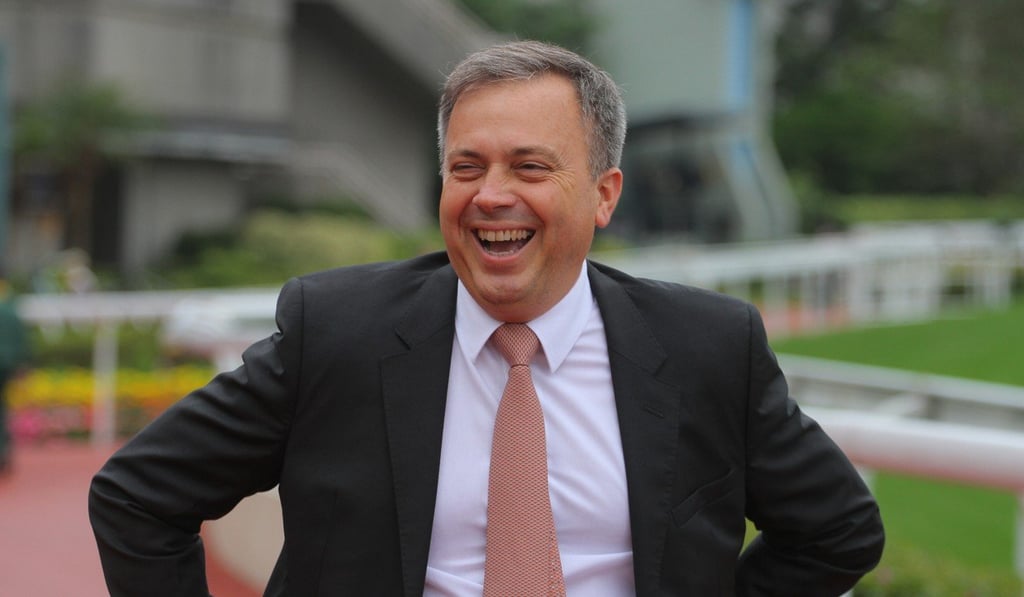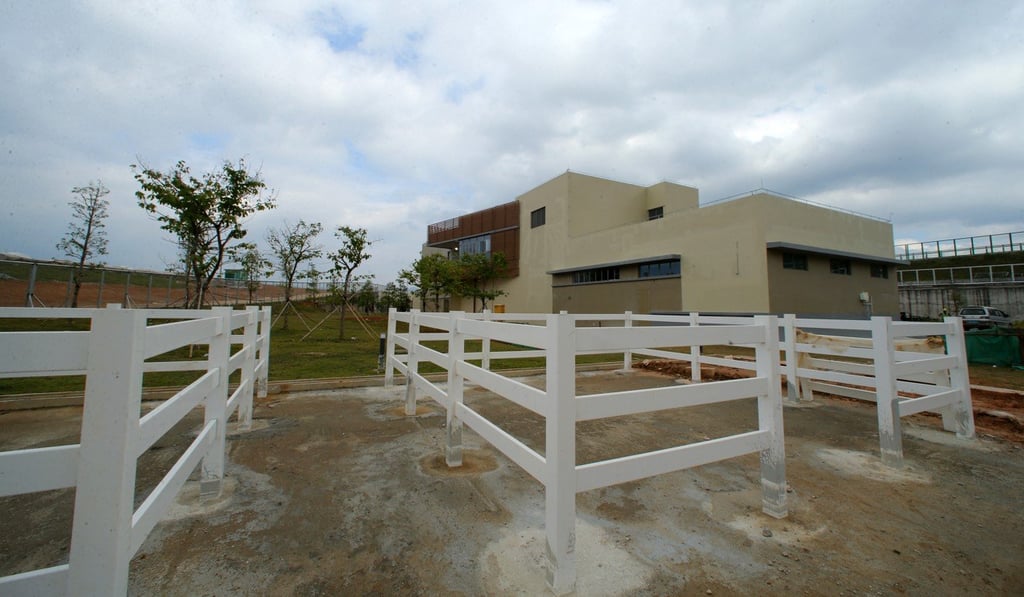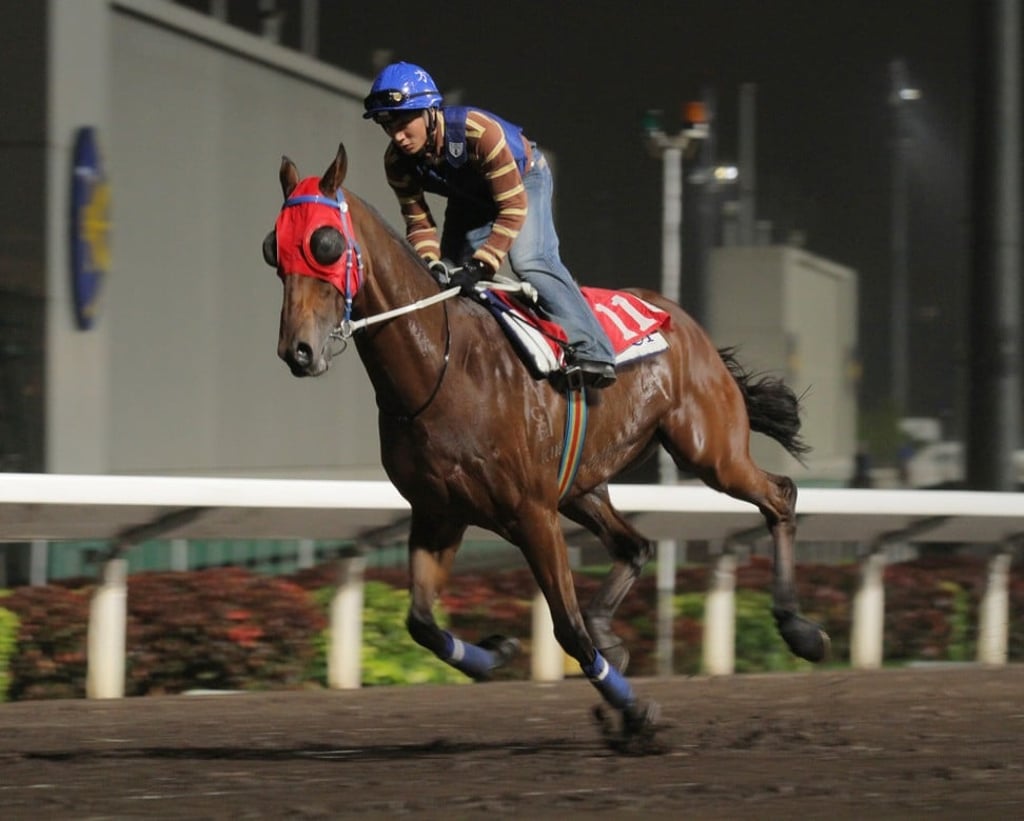Why the perfect racehorse may be the luckiest

There are no rules, guarantees or short cuts to success in horse racing. The rewards, however, are immense
Time, in the horse racing industry, is of the essence. It’s a sport where success can be decided in fractions of seconds and where hours, months and years can go into the breeding and preparation of a potential champion.
“Wanting to train horses was always my passion,” Fownes says. “Horses were always there from a very young age. Going to the stables was just something that I did and I knew from a young age that is what I would be doing with my life.”

As one of the most successful trainers in the recent history of Hong Kong horse racing, Fownes is fulfilling a lifelong commitment to the sport.
First there was a childhood at the feet of his father Lawrie, who was based in Calcutta, India, before casting his lot in with the Hong Kong Jockey Club (HKJC) and establishing himself among its most revered trainers. School days, back then, were basically time wasted in between the real work of helping his father out in and around the stables before the young Fownes became his father’s assistant and then a trainer in his own right in 2003/04.
Fownes has since captured three trainers’ titles while steering the careers of champions such as the sprinter Lucky Nine and 2010 Hong Kong Derby winner Super Satin.
The HKJC has around 1,200 horses racing across 88 meetings each season, running from September to July. When they are ready for racing, the horses are kept at the stables at the HKJC’s sprawling complex at Sha Tin. Each week during the season might find them racing there or at the city venue in Happy Valley, a course that was established in 1845.
Plans are in place for a massive HK$3 billion training complex at Conghua, near Guangzhou, which the HKJC says will open up ownership to more members. So the future, and the opportunities, for Jockey Club members to expand in terms of ownership have never looked brighter.

